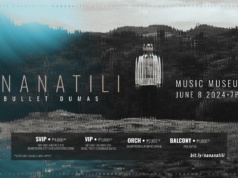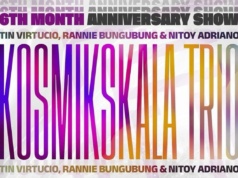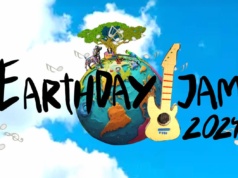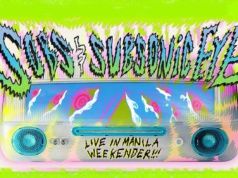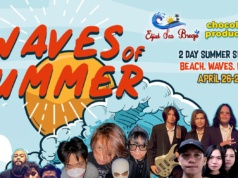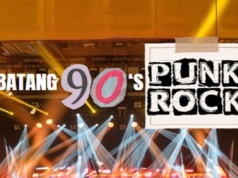Seminar by Graham Harwood
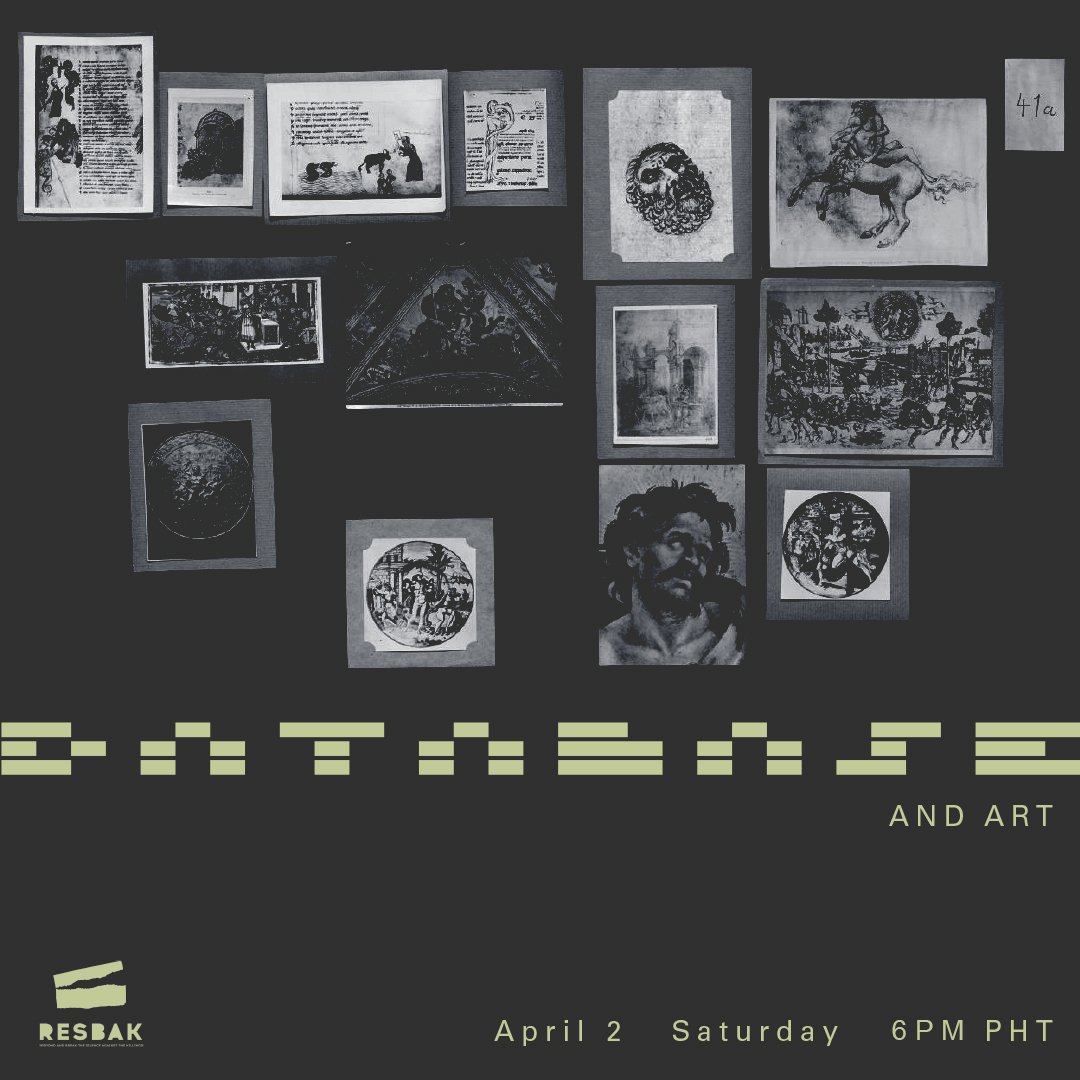
April 2, 2022 (Saturday) | 6 PM Philippine Time (11am GMT)
RESBAK
Website Facebook Twitter Instagram
The seminar is geared towards educating cultural and media workers with the basics of database. It is an introductory session to guide the art community in critically inquiring how technology can be harnessed as an ally in our cultural and advocacy work.
About the Seminar
How can artists work with databases? How can we approach understanding the database in order to creatively harness it?
“Databases carry the same seeds of creativity that early documentary makers saw in the film. Both have a clear relationship to a form of factual truth that can empower, both have the capacity for propaganda and deception, and both form views that are privileged by their authors. The film director directs the eyepiece of the camera through the conduct of the cameraman, and the editor shapes and cuts the film to create an agreed view for a set audience and the promotion of a particular ideology. The database administrator also constructs views of the data that can only be seen by particular roles within the enterprise. In association with analysts, they also produce queries that iterate over the data atoms to configure them into particular narratives formed from the enterprise’s ideology.”
– YoHa workshop text, 2001. YoHa Ltd. Available from: http://yoha.co.uk/database_documentary
If you are interested to attend the seminar, kindly register in advance for this meeting.
About the Speaker
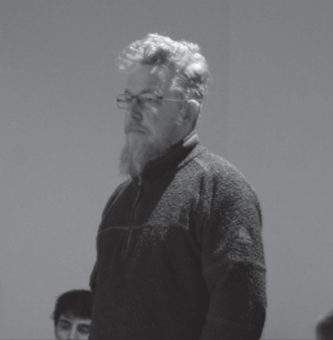 Graham Harwood started out as an artist/activist during the 1980s. He was involved with publishing initiatives such as the Working Press (books by and about working-class culture); Underground newspaper (a London-based free newspaper aimed at promoting and exploiting the uses of new media in culture and society); and books such as Unnatural – techno theory for a contaminated culture (theoretical positionings on new media). During this time, he produced the first computer-generated graphic novel, If Comics Mental, and was widely published in graphic journals in the USA, Canada, Italy, and France.
Graham Harwood started out as an artist/activist during the 1980s. He was involved with publishing initiatives such as the Working Press (books by and about working-class culture); Underground newspaper (a London-based free newspaper aimed at promoting and exploiting the uses of new media in culture and society); and books such as Unnatural – techno theory for a contaminated culture (theoretical positionings on new media). During this time, he produced the first computer-generated graphic novel, If Comics Mental, and was widely published in graphic journals in the USA, Canada, Italy, and France.
He has worked in the artist group YoHa with Matsuko Yokokoji since 1994.YoHa is an exponent of a form of CriticalTechnical Practice that is informed by pedagogy, collaborations, and tinkering practice.YoHa’s work involves the use of art as a mode of inquiry into technical objects most recently within the fields of health, war, oceans, and death. The space of YoHa’s inquiry is usually populated by an interconnection of technical objects and other kinds of bodies as in a clinic, hospital, battlefield, or sea. The focus of this inquiry is where the flows of power can be reconfigured by the ambiguity of art, not necessarily to make art but to make use of it within a wider inquiry.
YoHa’s graphic vision, technical tinkering, has powered several celebrated collaborations establishing an international reputation for pioneering arts projects, including the first online commission from the Tate Gallery London and work in the permanent collections of the Pompidou Centre, ZKM and Manifesta07 Harwood andYokokoji’s co-founded the artist’s group Mongrel (1996-2007) and established the MediaShed a free-media lab (2005-2008). In 2008 they joined Richard Wright to produce tantalum Memorial which won the transmediale first prize for 2009, the work featured in 9 countries and 15 cities over 4 years.YoHa produced Coal Fired Computers in 2010 and Invisible Airs in 2011.
As an educator, he worked on various new media courses and advised on numerous other academic new media initiatives including the Digital Media and Cultural Studies course at Goldsmiths, University of London.



